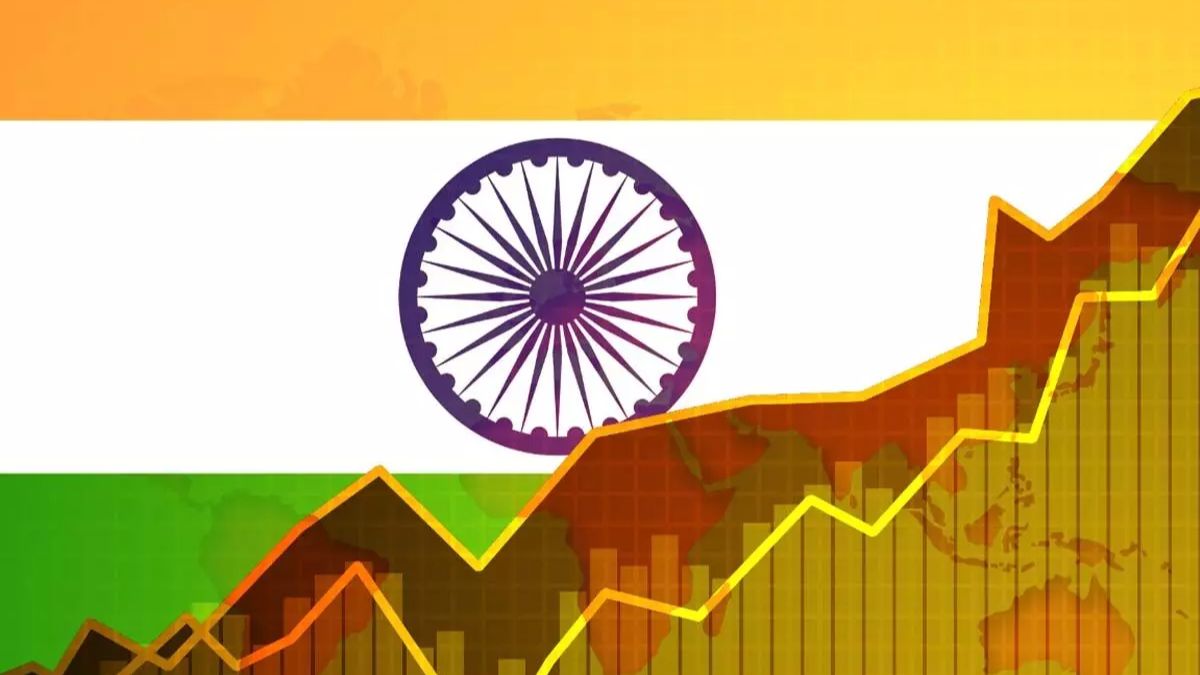India, the world’s largest democracy, is gearing up for its upcoming national elections in April/May 2024, featuring an astounding 1 billion eligible voters. With a democratic tradition spanning over seven decades, India has consistently demonstrated free and fair elections, showcasing a peaceful transfer of power among political parties. The 2019 general election, the world’s largest democratic exercise, witnessed over 900 million eligible voters, reflecting a remarkable 67% turnout, including the highest participation of female voters in Indian history.
The independent Election Commission of India (ECI) plays a crucial role in conducting elections transparently and fairly. Initiatives such as electronic voting machines, digitalized electoral rolls, and mandatory disclosure of candidates’ income, assets, and criminal backgrounds contribute to maintaining the integrity of the electoral process.
India’s democratic stability has led to a policy environment marked by the clear majority election of the incumbent BJP party since 2014. This political stability has paved the way for significant reforms over the last nine years, fostering economic growth and development.
On the global stage, India has fostered excellent relations with the western world, Japan, and the Middle East. Prime Minister Modi’s extensive foreign visits, including 74 trips to 66 countries by November 2023, underscore India’s commitment to developing robust ties with foreign leaders. The participation of global leaders in the recent G20 summit held in India further signifies the nation’s growing importance in global geopolitics.
India emerges as a key beneficiary of the China+1 policy, attracting multinational companies diversifying their supply chains away from China. The stable geopolitical environment, demographic dividend, and business-friendly policies make India an attractive destination for foreign investment. The Production Linked Incentive scheme (PLI) introduced by the Indian government aims to bolster the manufacturing sector and has already seen success in electronics exports.
While India is making strides in gaining market share from the shifting supply chain out of China, there is room for growth. With ongoing infrastructure developments, private capex initiatives, and the government’s focus on manufacturing, India’s share in global imports is expected to trend upward in the next five years.
Prime Minister Modi’s foreign policies and diplomatic efforts have led to a standing ovation, including addressing the Joint meeting of the US Congress in June 2023. This recognition highlights India’s growing influence and pivotal role in shaping global affairs. As India continues to strengthen its democratic principles, foster international relations, and position itself as a manufacturing hub, the nation’s prominence on the world stage is set to soar.
Source: Jefferies: Equity Research


